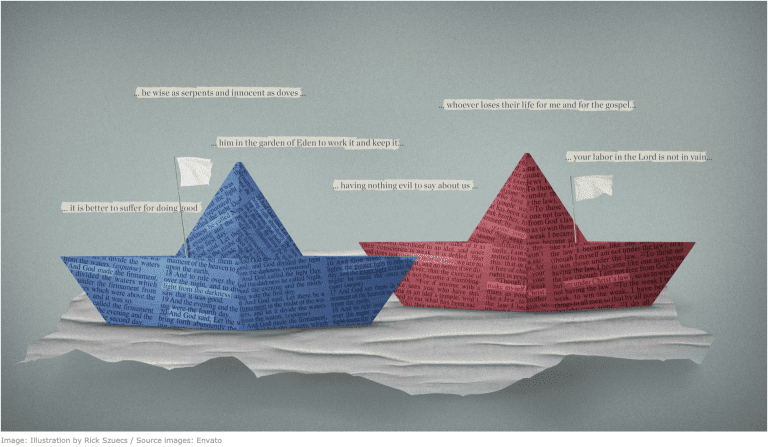This most recent issue of ChinaSource Quarterly is dedicated to the topic of contextualization. I had the privilege to be the guest editor for this issue. The articles survey a range of topics relevant to contextualization among Chinese.
You’ll want to see these articles!

Collectively, these contributors demonstrate the significance of contextualization for China. Whereas conversations on the topic often do not go far enough, these writers illustrate
- how Chinese Christians understand contextualization
- how contextualization shapes mission practice in China
- how contextualization influences theology in China
- how to put on a “Chinese lens” to discern important aspects of Chinese culture.
Their articles neither oversimplify contextualization or to make it too complex. Effective contextualization is not primarily about methodology and strategy; rather, it concerns perspective.
They spur us to consider key questions. How do our cultural experiences cause us to read the Bible in fresh ways? How does a robust biblical perspective shed light on needs and values of the culture? Meanwhile, the essays resist the common tendency to dichotomize culture and the Bible.
Two Chinese Perspectives
The first set of articles comes from a Chinese missionary and a Chinese pastor. In the first essay, “Ella,” a Chinese Christian woman, shares her experience serving among minorities in western China. She helpfully introduces a range of issues that she and other workers face when crossing cultures even within their own country. Many minority groups are considered to have “fear and power” cultures.
By contrast, most Chinese Christians live in the country’s eastern provinces. Tradition concerns for honor and shame (e.g., face and guanxi) are increasingly wed with influences from Western culture. Accordingly, I interview “Peter”, a pastor in a large eastern city. His responses cover an extensive range of topics, providing insight into how contextualization can equip the average Chinese church.
Two Approaches to Contextualization
The second group of articles considers the unique needs for contextualization in western and eastern China. Barnabas Roland offers suggestions for how we might contextualize among Chinese “fear-power” cultures. Of course, most people in China are Han Chinese who live in the eastern portions of the country. While many have written about Westernization in China, Danny Hsu reminds us of important ways that traditional Chinese culture still affects younger generations.
Theological Contextualization
The following two articles contribute to the task of theological contextualization. Everyone familiar with Chinese culture understands the importance of guanxi (“relationship”). As Wendel Sun notes, far fewer people realize the significance of “union with Christ” in the New Testament and its relevance to Chinese culture.
Gregg Ten Elshof’s essay revisits a well-known debate among Christians in China; yet, he does so with crisp clarity and creativity. He poses a provocative question: “Might Christians and Confucians actually agree about human nature?”
Why review a Chinese Sci-Fi book?
Some readers will scratch their heads when they turn to the final section of this issue. They will ask: “Why do you review a book of Chinese science fiction? What does it have to do with contextualization?” In one respect,Carrie Hudson’s book review is one of the most practical articles in this issue. She demonstrates practically how to analyze contemporary literature as a way of understanding key themes and ideas within a culture. Finally, Brent Fulton offers a few concluding thoughts on the issue.
These contributors draw from a wealth of experience and study. My hope is that their insights and suggestions will spur earnest conversation about contextualization in Chinese culture. No one-size-fits-all method exists to address the various challenges we face when ministering among the Chinese.
Rather, we need to seek biblically faithful and culturally meaningful ways to contextualize the gospel for all peoples. This task requires humility, intentionality, and the gifts of the entire church.
















